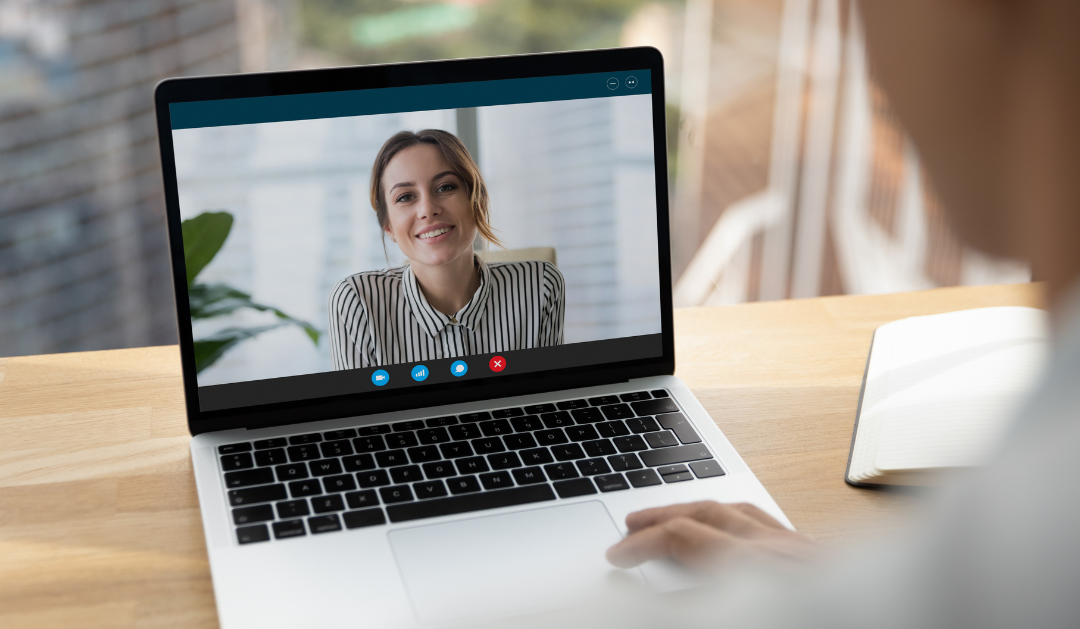As a medical resident or fellow, you have likely worked hard over the last few years to gain the knowledge and skills you need to be a successful physician. The next step in your career is finding a job in a healthcare setting that fits your needs – personally, aspirationally, and financially. As the job search intensifies, you will likely have to go through a phone and/or video interview.
Interviews are a key factor in determining whether a candidate is a right fit for a job and a successful medical career, so it’s imperative that medical residents and fellows take the necessary steps to prepare for these interviews. The following tips and strategies can help medical residents and fellows prepare for their phone and video interviews:
1. Research the Organization
Before you even pick up the phone or turn on your camera for your video interview, it pays to do some research on the organization you’re interviewing with. The more you know about the organization and its mission, the better chance you have of impressing your potential employer with a smart question or three. Take some time to read up on the organization’s website or look for news articles that pertain to it. If possible, find out who will be conducting the interview, so you can research them as well.
2. Prepare Your Resume and Cover Letter
When you prepare for a phone or video interview, it’s always a good idea to have your resume and cover letter ready. Make sure to review your resume and cover letter so you can easily answer any questions that may come up regarding your experience and qualifications. If applicable, make sure to also highlight any specialized skills or experiences that may be beneficial for the role.
3. Have Your Questions Prepared
Asking questions during an interview is not only a sign of interest in the position, but it can also help you gauge whether the organization is the right fit for you. Before the interview, take some time to think of questions you may want to ask. Consider the organization’s mission and the job description to get some ideas of relevant questions.
4. Practice Your Responses
With a phone or video interview, you won’t have the benefit of body language or eye contact to help you gauge the interviewer’s reactions to your answers. To make sure you’re giving the best possible responses, practice ahead of time. You can do this by having a friend ask you questions and practice your responses out loud. This will help you get used to speaking to someone over the phone or video, as well as give you an idea of how you might answer certain questions.
5. Set Up Your Environment
For a video interview, setting up your environment is very important. Make sure to find a well-lit spot with a neutral background. Make sure to use a device with a good camera and microphone so that you can be seen and heard clearly. This will help you present your best self to the interviewer.
6. Be Professional
Phone and video interviews are no different than any other interview, so it’s important to be professional. Make sure to dress in professional attire, even if you will just be seen from the waist up. Speak clearly, be polite, and remain focused and engaged throughout the interview. Remember, the first impression you make is a lasting one.
7. Follow Up
As with any other interview, make sure to follow up with a thank you letter via email. This is a great way to reiterate your interest in the position and thank the interviewer for their time.
Phone and video interviews can be intimidating, but with the right preparation, you can make sure you give the best possible impression. By following these few steps, you can make sure you make the most of your phone or video interview. Good luck!
Are you a medical resident or fellow looking to make the next step in your career? Reach out to the team at Polaris Placement for expert, no-cost guidance during this important time.

